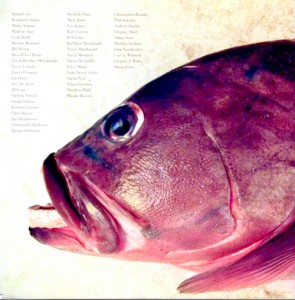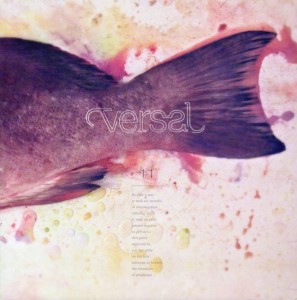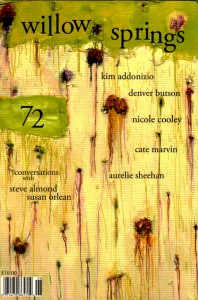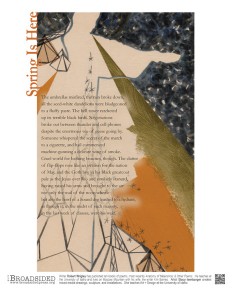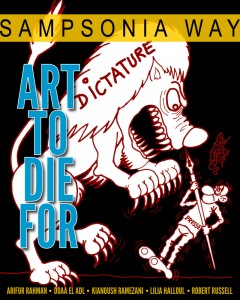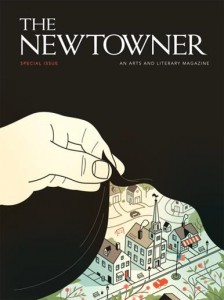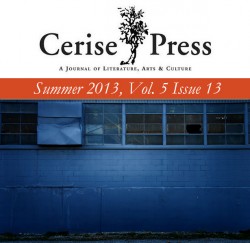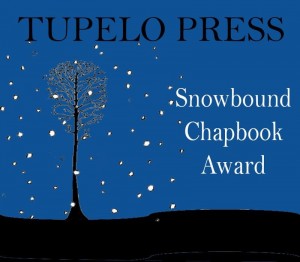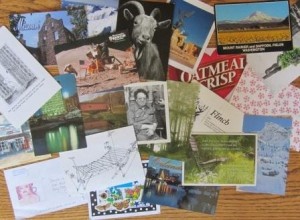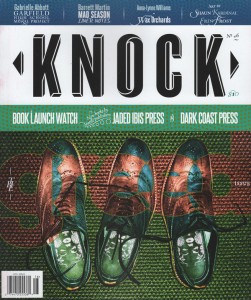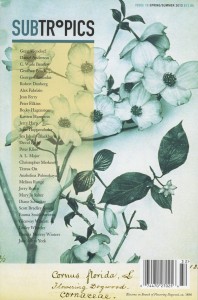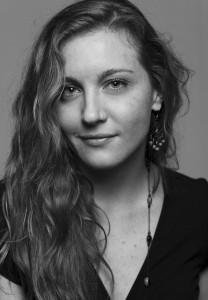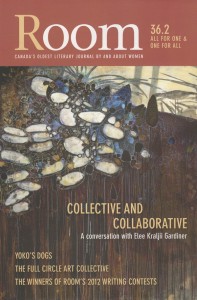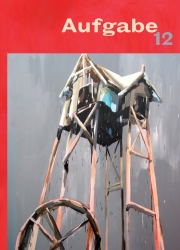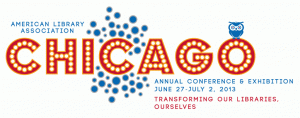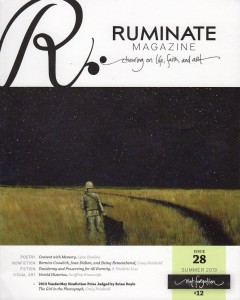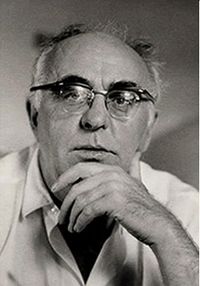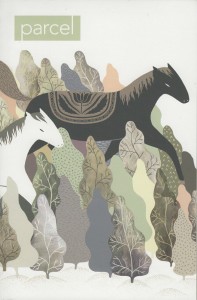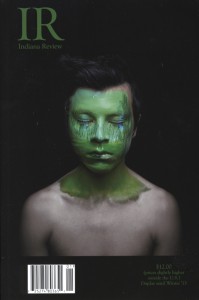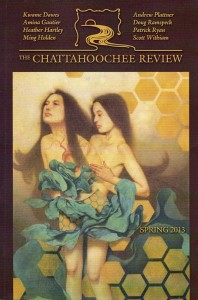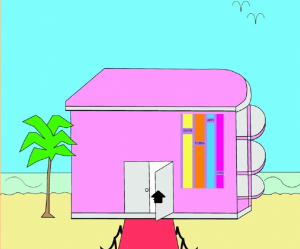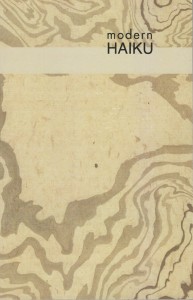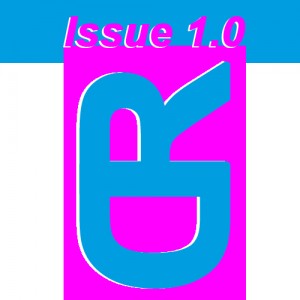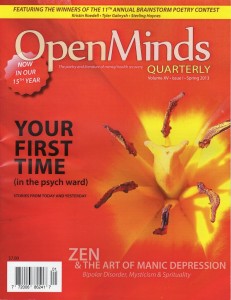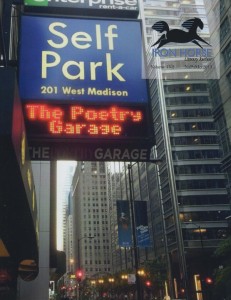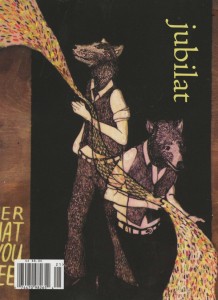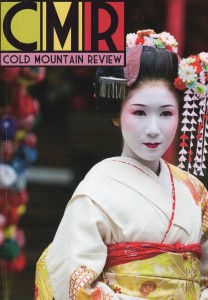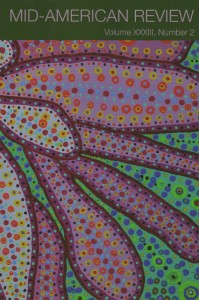WASHINGTON – (June 20, 2013) – Despite research on the importance of reading with children from a young age, few parents with kids age eight and younger are engaged in nightly reading, according to a new survey from Reading Is Fundamental (RIF) and Macy’s. The survey, conducted by Harris Interactive, finds that only one in three parents (33 percent) read bedtime stories with their children every night, and 50 percent of parents say their children spend more time with TV or video games than with books. More than 1,000 parents across the U.S. completed the survey online in April.
Results of the survey are revealed as Macy’s and RIF enter the 10th year of a partnership that will deliver its 10 millionth book to children in need nationwide. Be Book Smart launches June 21 and invites customers coast-to-coast to give $3 at any Macy’s register in-store to help provide a book for a child in their local community. Macy’s will donate the full amount to RIF, and customers will receive a coupon for $10 off an in-store purchase of $50 or more. The month-long fundraising effort ends July 21. Last year, Macy’s helped to raise $4.8 million to provide 1.6 million books to children who would not get a new book otherwise.
“Bedtime stories build the foundation for future achievement. For a decade, Macy’s and RIF have worked together to get books and literacy resources to children in need, giving children and parents tools they need to dream big,” said Carol H. Rasco, president and CEO of Reading Is Fundamental. “While much news in this survey is encouraging, there is more work to be done – work that Be Book Smart and our partnership with Macy’s will help make possible.”
Full survey results are highlighted in an executive summary by Harris Interactive, and key findings include:
Findings on the amount of time spent reading:
• Eighty-seven percent of parents say they currently read bedtime stories with their children.
• But only one in three parents (33 percent) read bedtime stories daily with their children.
• Children of families with an annual household income below $35,000 are more likely to watch TV (40 percent) than read books (35 percent).
Findings on printed book use:
• Printed books (76 percent) are the format of choice for most parents of children age eight and younger.
• Twice as many children prefer a printed book (20 percent) over an e-book (9 percent), say parents who read both types of books to their children.
• Less than one in five parents (17 percent) use a combination of printed and e-books.
Existing research on literacy shows the importance of starting early:
• Children who don’t read well by the end of third grade are four times more likely to drop out of high school than proficient readers, according to a report by the Annie E. Casey Foundation.
• Two-thirds of U.S. fourth graders – and more than four-fifths of those from low-income families – are not reading proficiently, according to the 2011 National Assessment of Educational Progress.
Many literacy studies also show a direct correlation between income level and the number of books in the household, creating even more obstacles to developing children’s literacy. RIF works to help overcome these challenges by delivering free books and literacy resources to children and families who need them most.
“We are proud to join our customers in supporting RIF’s work to help children have better access to books and develop a lifelong love of reading,” said Martine Reardon, chief marketing officer, Macy’s. “In talking about our partnership with RIF, I hear so often about the memories created between a parent and a child through reading bedtime stories. This summer, we are especially excited to be hitting a milestone that will enable our 10 millionth book to be distributed as a result of Macy’s partnership with RIF.”
Since 2004, Macy’s has helped raise more than $25.8 million for RIF. Through customer-supported fundraising campaigns, in-store events and volunteer activities, Macy’s has donated funds and resources to further the important message of literacy for future success. Macy’s longstanding support has enabled RIF to promote literacy at all levels, from buying books for children and training educators to providing resources to parents.
Macy’s customers can take part in supporting children’s reading and bedtime stories by donating to the Be Book Smart campaign from June 21 to July 21, taking part in efforts to contribute the campaign’s 10 millionth book to a child in need.
Facebook Sweepstakes
As part of the Be Book Smart campaign, Macy’s and RIF will host a sweepstakes on Facebook to encourage supporters to share information about the campaign and post images of quotes from favorite authors to their personal timelines via a Facebook app. Each week, one winner will be awarded a $500 Macy’s gift card. For official rules and to enter the sweepstakes, visit facebook.com/macys or rif.org/sweeps. No purchase necessary to enter or win a prize.
Methodology
This Bedtime Story survey was conducted online within the United States by Harris Interactive on behalf of Reading Is Fundamental between April 8-15, 2013 among 1,003 parents of kids age 8 or younger. No estimates of theoretical sampling error can be calculated. For complete survey methodology, including weighting variables, please contact Olivia Doherty at [email protected] or 301-656-0348.
About RIF
Reading Is Fundamental (RIF) delivers free books and literacy resources to children and families in underserved communities in the United States. By giving children the opportunity to own a book, RIF inspires them to become lifelong readers and achieve their full potential. As the nation’s largest children’s literacy nonprofit, RIF has placed 410 million books in the hands of more than 39 million children since it was established in 1966. Learn more and help RIF provide books to kids who need them most, visit RIF.org.
About Macy’s
Macy’s, the largest retail brand of Macy’s, Inc., delivers fashion and affordable luxury to customers at approximately 800 locations in 45 states, the District of Columbia, Puerto Rico and Guam, as well as to customers in the U.S. and more than 100 international destinations through its leading online store at macys.com. Via its stores, e-commerce site, mobile and social platforms, Macy’s offers distinctive assortments including the most desired family of exclusive and fashion brands for him, her and home. Macy’s is known for such epic events as Macy’s 4th of July Fireworks® and the Macy’s Thanksgiving Day Parade®, as well as spectacular fashion shows, culinary events, flower shows and celebrity appearances. Macy’s flagship stores — including Herald Square in New York City, Union Square in San Francisco, State Street in Chicago, Dadeland in Miami and South Coast Plaza in southern California — are known internationally and leading destinations for visitors. Building on a more than 150-year tradition, and with the collective support of customers, employees and Macy’s Foundation, Macy’s helps strengthen communities by supporting local and national charities giving more than $70 million each year to help make a difference in the lives of our customers.
About Harris Interactive
Harris Interactive is one of the world’s leading market research firms, leveraging research, technology, and business acumen to transform relevant insight into actionable foresight. Known widely for the Harris Poll® and for pioneering innovative research methodologies, Harris offers proprietary solutions in the areas of market and customer insight, corporate brand and reputation strategy, and marketing, advertising, public relations and communications research. Harris possesses expertise in a wide range of industries including health care, technology, public affairs, energy, telecommunications, financial services, insurance, media, retail, restaurant, and consumer package goods. Additionally, Harris has a portfolio of multi-client offerings that complement our custom solutions while maximizing our client’s research investment. Serving clients in more than 196 countries and territories through our North American and European offices, Harris specializes in delivering research solutions that help us – and our clients-stay ahead of what’s next. For more information, please visit www.harrisinteractive.com.

